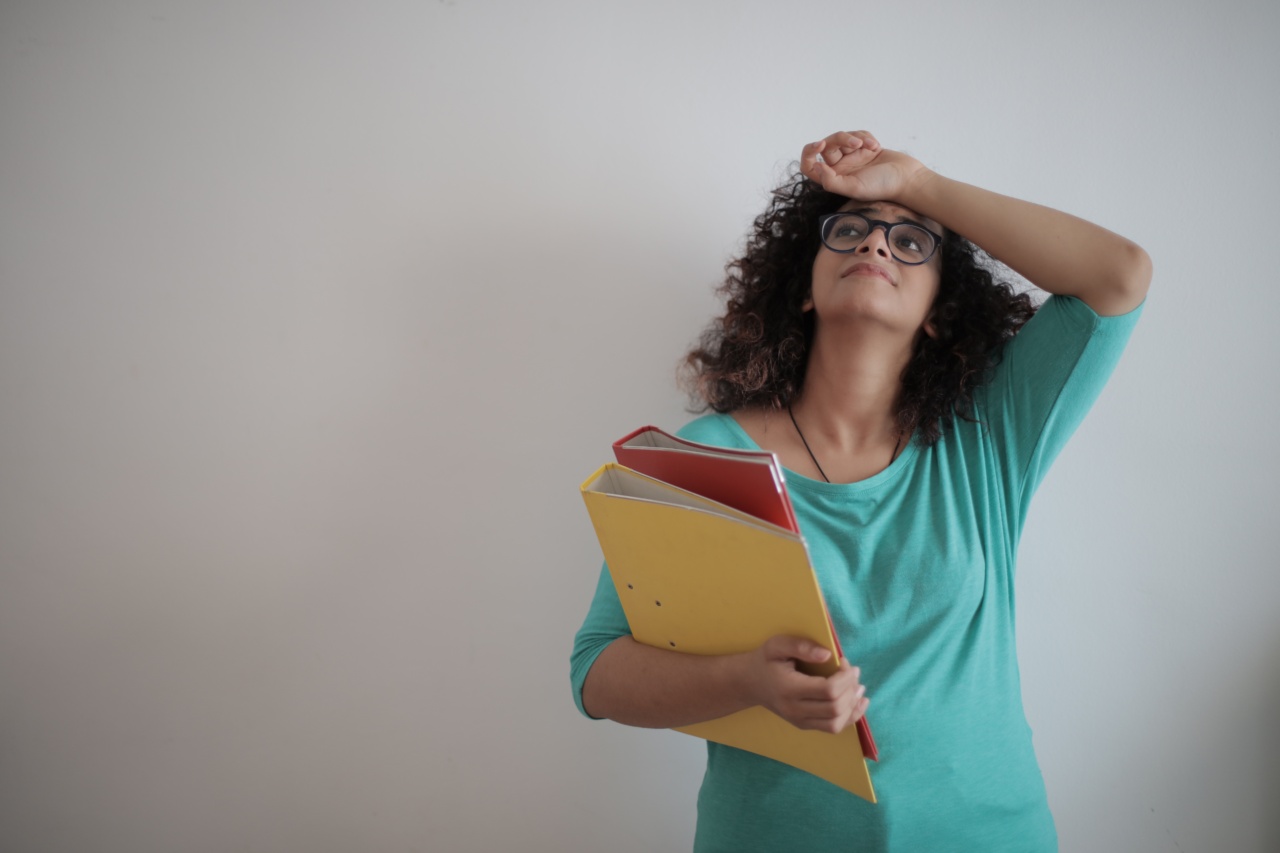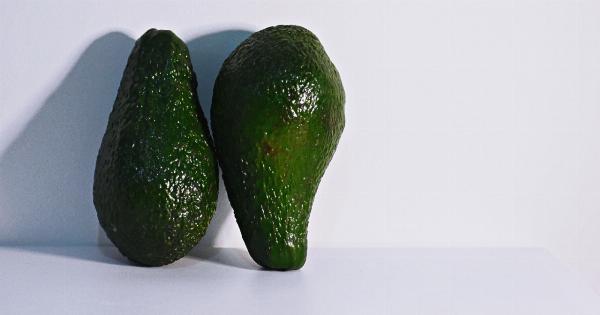Depression is a prevalent mental health condition that affects millions of people worldwide. The World Health Organization estimates that more than 264 million people suffer from depression globally.
While medications may help alleviate the symptoms of depression, some people opt for holistic approaches. These methods aim to treat depression naturally and without medication. In this article, we’ll explore ways to manage depression holistically that are endorsed by experts.
Get Enough Sleep
Sleep plays a crucial role in maintaining overall health and well-being, and getting enough sleep is essential in managing depression.
According to a study published in the Journal of Psychiatric Research, people with insomnia have a higher risk of developing depression. Experts recommend that adults get seven to nine hours of sleep per night. To improve your sleep quality, try establishing a consistent sleep schedule, creating a relaxing sleep environment, and avoiding caffeine and alcohol before bedtime.
Eat a Balanced Diet
Foods can significantly impact mental health. Certain nutrients and vitamins can improve brain function and mood, while others can worsen them.
Research suggests that people who consume a diet rich in fruits, vegetables, whole grains, lean protein, and omega-3 fatty acids have a lower risk of depression. On the other hand, a diet high in processed and refined foods, trans fats, and added sugars can increase the risk of depression. Be sure to consult with a healthcare professional to determine the best diet plan for your specific needs.
Engage in Physical Activity
Physical exercise is an effective way to combat depression. Exercise releases endorphins, which are chemicals that enhance mood and happiness. According to the American Psychology Association, physical activity can reduce depressive symptoms by 20-30%.
Experts recommend that adults engage in moderate-intensity exercise for at least 30 minutes a day, five days a week.
Practice Mindfulness Meditation
According to research, mindfulness meditation can help alleviate depression. Mindfulness meditation involves focusing on the present moment without judgment.
It helps people become more aware of their thoughts and feelings, and develop a greater sense of self-awareness. A study published in JAMA Internal Medicine found that mindfulness meditation is as effective as antidepressants for depression and anxiety. You can practice mindfulness meditation by attending a class or using an app or online resource.
Seek Professional Help
If you are experiencing depression symptoms, it is essential to seek professional help. A mental health professional can provide the necessary support, guidance, and resources to manage depression safely and effectively.
They can suggest various treatment options, such as therapy, counseling, and medication, that may be appropriate for your specific needs. Seeking professional help is a crucial step towards recovery.
Practice Yoga
Yoga is another beneficial practice that can help manage depression holistically. Yoga combines physical exercise, deep breathing, and meditation, which can alleviate stress and improve mood.
A study published in the Journal of Alternative and Complementary Medicine found that practicing yoga for 12 weeks reduced depression symptoms. Experts recommend practicing yoga for at least 30 minutes a day, three to five times a week. There are various forms of yoga, so you can choose the style that works best for you.
Connect With Others
Social connection is vital in managing depression holistically. It is essential to have positive relationships with family, friends, and community members.
People who have an excellent social support system are less likely to experience depression symptoms. Participating in activities that you enjoy with others, such as sports, hobbies, or volunteering, can help increase social connections.
Experiment With Aromatherapy
Aromatherapy is the use of essential oils to enhance psychological and physical well-being. Several essential oils are believed to alleviate depression symptoms, including lavender and bergamot.
According to a study published in the Journal of Alternative and Complementary Medicine, aromatherapy significantly reduced depression symptoms in postpartum women. Experts suggest discussing the use of essential oils with a healthcare professional before incorporating them into your treatment plan.
Get Sunlight Exposure
Sunlight exposure can improve mood symptoms by increasing serotonin levels in the brain. Serotonin is a neurotransmitter that regulates mood, and the lack of sunlight exposure can cause a decrease in serotonin levels, leading to depression.
Experts suggest getting outside for at least 30 minutes a day to expose yourself to sunlight.
Laugh More
Laughter is the best medicine. It has been shown to reduce stress and improve mood. According to a study published in the International Journal of Psychiatry in Medicine, laughter can significantly reduce depressive symptoms and improve self-esteem.
Experts recommend watching a comedy or engaging in activities that make you laugh.
Conclusion
There are several ways to manage depression holistically without medication. These methods are endorsed by experts and can be considered as complementary options to traditional treatment.
If you experience depression symptoms, you should seek professional help and incorporate holistic approaches into your treatment plan. Remember that everyone’s journey towards recovery is different, and what works for one person may not work for another.






























